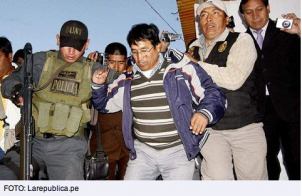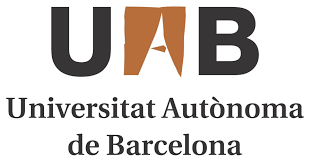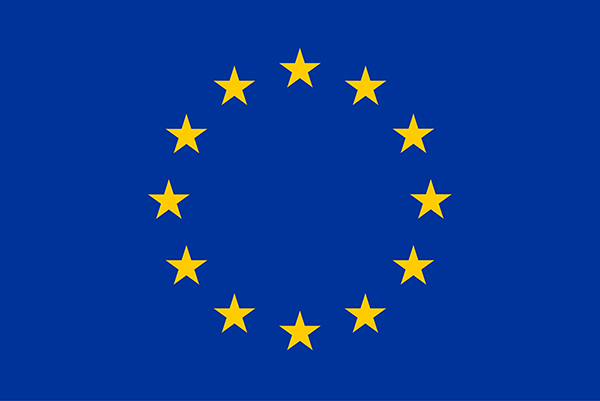
By Leah Temper & Joan Martinez Alier
Several districts in Peru have been put under military rule through a state of emergency after protests from local inhabitants were met with violent reprisals from the police leading to the death of at least two protestors and dozens injured in the province of Espinar, Cuzco, Peru. The protestors in Espinar in the South and also in Cajamarca in the North are mobilizing against threats to public health resulting from water and air pollution from the Xstrata Tintaya mine in Espinar and from the new Conga project of the Yanacocha mine in Cajamarca (owned by Newmont, Buenaventura, and the IFC of the World Bank).
Yet rather than engage with the legitimate demands of the community, the government of Ollanta Humala has decided to crack-down on environmental and human rights activists in the country. In Cajamarca, 59 activists have been denounced for protesting against the Conga mine project, including Marco Arana, a local leader, former priest and the head of the movement “Tierra y Libertad”.
In Espinar, 7 people were detained in the police base inside the mining complex. In late May, at least two people were killed by the police in demonstrations against Xstrata. Later, the elected mayor of the province, Oscar Mollohuanca, on June 2, 2012 was put in preventive prison for five months (far from Cusco), without bail. He declared himself a political prisoner, as he certainly is.
Mollohuanca (who also belongs to Tierra y Libertad) was in Switzerland in April 2012 speaking to the press, to the public and to shareholders of Xstrata, about the damage to water quality and public health from the Xstrata Tintaya mine. This was attested by a report based on sampling by environmental expert Eike Sophie Humpel of the University of Kiel (available in the web since September 2011). Mollohuanca brought a criminal case against Xstrata on 23 November 2012 in Cusco, and has counted with support from the Vicaria de la Solidaridad of Sicuani (a Catholic organization).
The report informed that samples collected in situ showed, after analysis in a laboratory in Lima, the presence of different heavy metals much above legal levels, and this helped to explain many instances of bad health and deaths in livestock. The demands of the province of Espinar include that the mining company Xstrata Copper-Tintaya increase its contributions to socioeconomic development from 3% to 30% of pre-tax profits; closes or relocates the tailings dam at Huanipampa; and takes on commitments to the environmental impacts arising from its activities in the area.
Xstrata bought its share in the mine from BHP Billiton Tintaya S.A in 2006. The mine produces 90 000 tons of copper a year and is scheduled to start a $1.5bn expansion by the end of August that will lift capacity by 78 percent. The Xstrata company has also been the target of another criminal case for its operations in the state of Tucuman, Argentina. Antonio Gustavo Gomez, the district attorney of Tucuman and other provinces (including Catamarca, where Bajo la Alumbrera is located) and an EJOLT collaborator, helped mobilize the case for alleged “Crimes against the environment”.
Meanwhile, anti-Conga protesters in northern Peru are promising to renew their demonstrations against the planned gold mining project, while a neighboring province to Espinar, Chumbivilcas, in the South is also considering joining the struggle to protect the right to water, possibly by boycotting a mineral duct meant to transport the copper mineral from the planned Las Bambas (Xstrata owned) mine in the province of Cotabambas, in the Apurimac region.
Local Environmental Justice organizations are asking for support in spreading this information and are requesting letters of solidarity with the accused.
More information: http://www.generaccion.com/noticia/155548/alcalde-espinar-presion-politica





Hi, thanks for this post. When conflicts like this occur, I see how far we are from each other, and not necessarily for a matter of distance but about values and common sense. I believe the moment we don’t make distinctions and respect everybody’s voice in our countries, we’ll be able to make real changes together. Participation is essential to get involved in deliberation process that concerns our present and future. As I’m recently studying and discovering many things, I just realized many people from everywhere is participating on this, I’m happy to know!